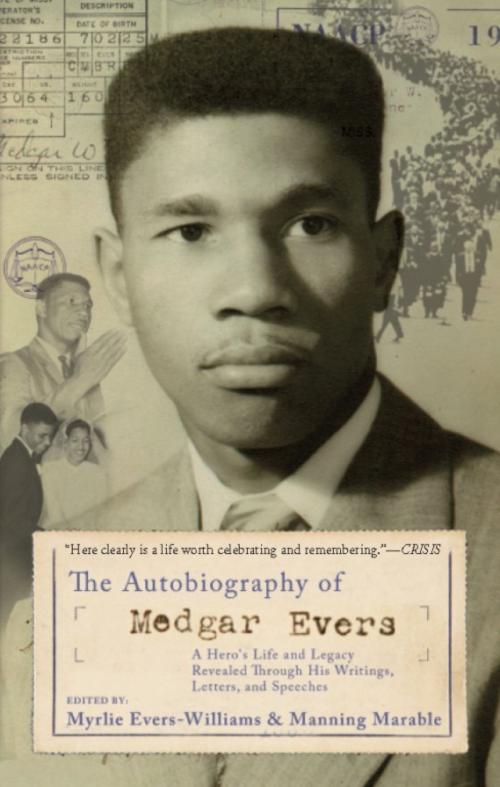The Autobiography of Medgar Evers
A Hero's Life and Legacy Revealed Through His Writings, Letters, and Speeches
Biography & Memoir| Author: | Myrlie Evers-Williams, Manning Marable | ISBN: | 9780786722495 |
| Publisher: | Basic Books | Publication: | August 29, 2006 |
| Imprint: | Civitas Books | Language: | English |
| Author: | Myrlie Evers-Williams, Manning Marable |
| ISBN: | 9780786722495 |
| Publisher: | Basic Books |
| Publication: | August 29, 2006 |
| Imprint: | Civitas Books |
| Language: | English |
The Autobiography of Medgar Evers is the first and only comprehensive collection of the words of slain civil rights hero Medgar Evers. Evers became a leader of the civil rights movement during the late 1950s and early 1960s. He established NAACP chapters throughout the Mississippi delta region, and eventually became the NAACP's first field secretary in Mississippi. Myrlie Evers-Williams, Medgar's widow, partnered with Manning Marable, one of the country's leading black scholars, to develop this book based on the previously untouched cache of Medgar's personal documents and writings. These writings range from Medgar's monthly reports to the NAACP to his correspondence with luminaries of the time such as Robert Carter, General Counsel for the NAACP in the landmark Brown v. Board of Education case. Still, most moving of all, is the preface written by Myrlie Evers.
The Autobiography of Medgar Evers is the first and only comprehensive collection of the words of slain civil rights hero Medgar Evers. Evers became a leader of the civil rights movement during the late 1950s and early 1960s. He established NAACP chapters throughout the Mississippi delta region, and eventually became the NAACP's first field secretary in Mississippi. Myrlie Evers-Williams, Medgar's widow, partnered with Manning Marable, one of the country's leading black scholars, to develop this book based on the previously untouched cache of Medgar's personal documents and writings. These writings range from Medgar's monthly reports to the NAACP to his correspondence with luminaries of the time such as Robert Carter, General Counsel for the NAACP in the landmark Brown v. Board of Education case. Still, most moving of all, is the preface written by Myrlie Evers.















